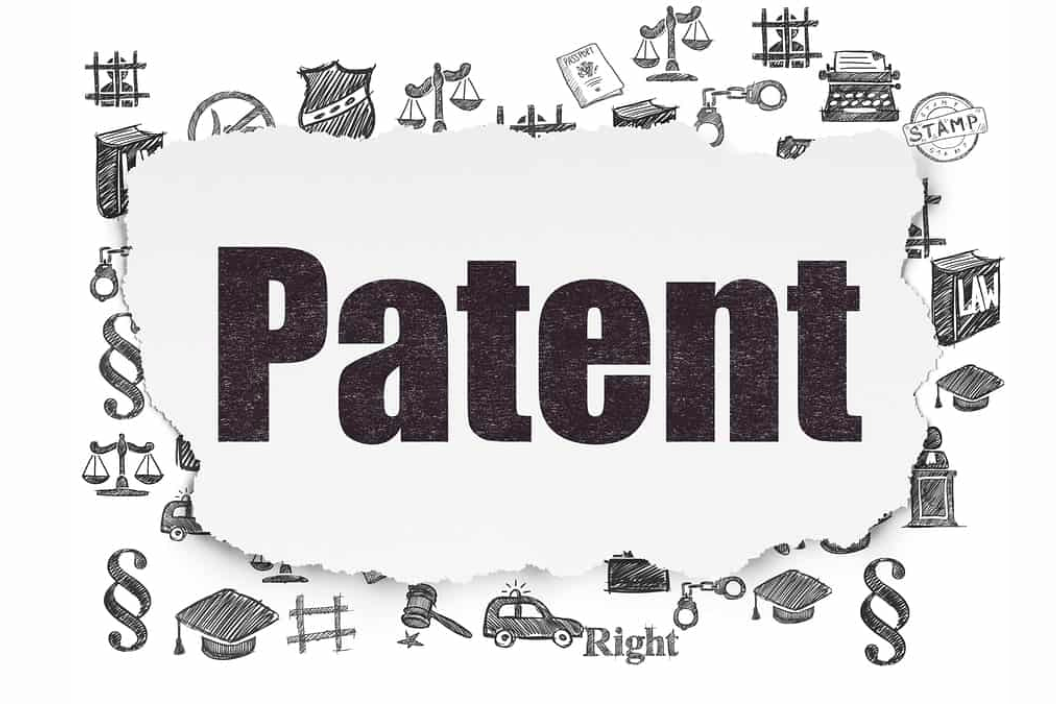Patent Registration
Secure Your Innovation. Expert Drafted. Government Filed.
4.8 (57 reviews)
Last Updated: June 2025
What is a Patent Registration?
Patent Registration is a legal process that grants inventors exclusive rights over their inventions for a specific period. It protects your idea from being copied, manufactured, or sold without your consent.
Whether you’re a startup, researcher, or product developer — patenting your invention builds credibility, attracts investors, and offers monopoly rights for up to 20 years.
📜 Service Description
Vakilify’s Patent Registration includes:
Patent Search – Check for novelty and eligibility
Drafting – Prepare Provisional or Complete Specification
Filing – Submit application with the Indian Patent Office
Acknowledgment – Get official application number & date
Examination Request – File Form 18 to begin review
FER Response – Draft replies to objections (if any)
Grant Follow-up – Track and finalize patent approval
Post-Grant Support – Help with renewals or licensing
GET IN TOUCH
Patent Registration
🏛 Laws Governing Patent Registration in India
Your Patent Registration complies with:
The Patents Act, 1970 (as amended)
The Patents Rules, 2003
TRIPS Agreement (WTO Compliant)
Patent Cooperation Treaty (for international filings)
Information Technology Act, 2000 (for online filing and digital submissions)

How it works?
Check out our other Products
TESTIMONIALS
What our Clients are Saying

FAQ’S
Frequently Asked Questions
Any individual or company who has invented a novel and useful product or process.
A patent is valid for 20 years from the date of filing.
Provisional protects your idea early; complete gives full protection after detailed filing.
Typically 2–3 years, depending on objections, examination, and workload at IPO.
Only if embedded in a technical system or show industrial application (case-specific).
Indian patents protect only in India. You must file through PCT for international protection.
Lack of novelty, obviousness, non-patentable subject matter, or improper documentation.
Yes, you can license, assign, or sell your patent rights to individuals or companies.

